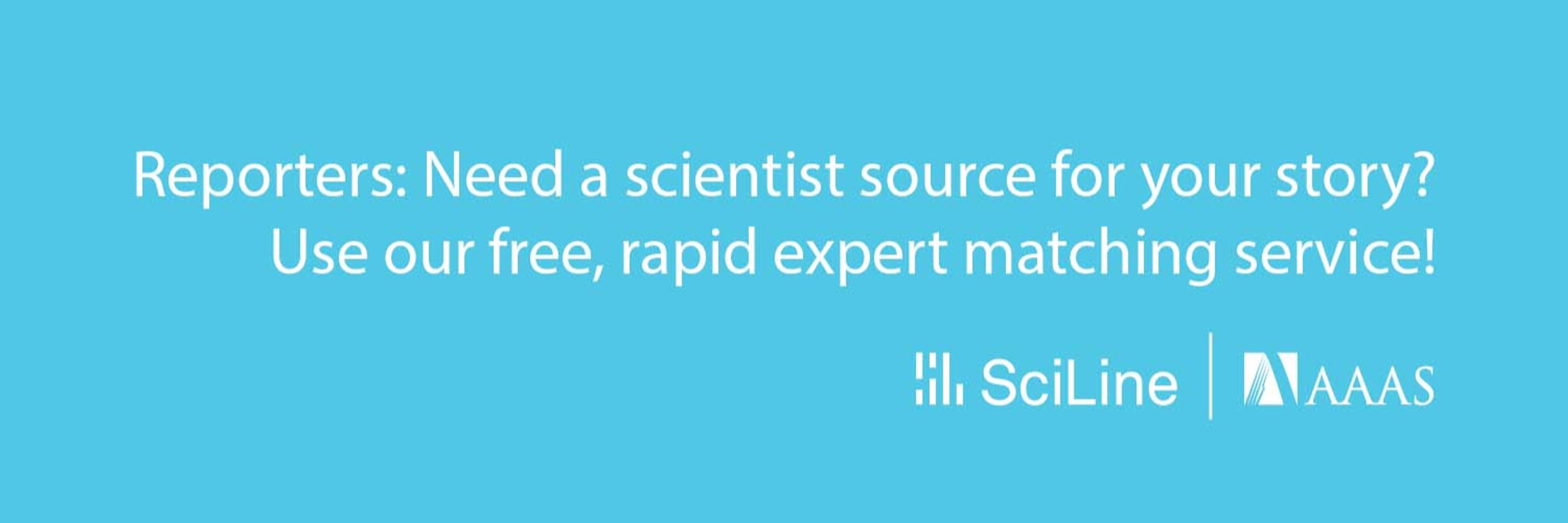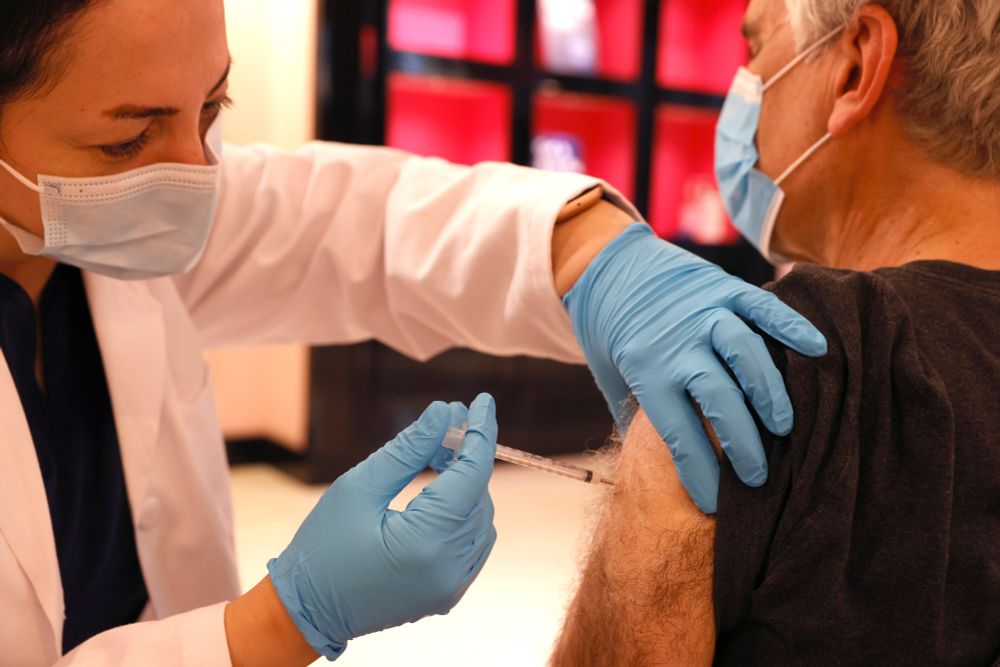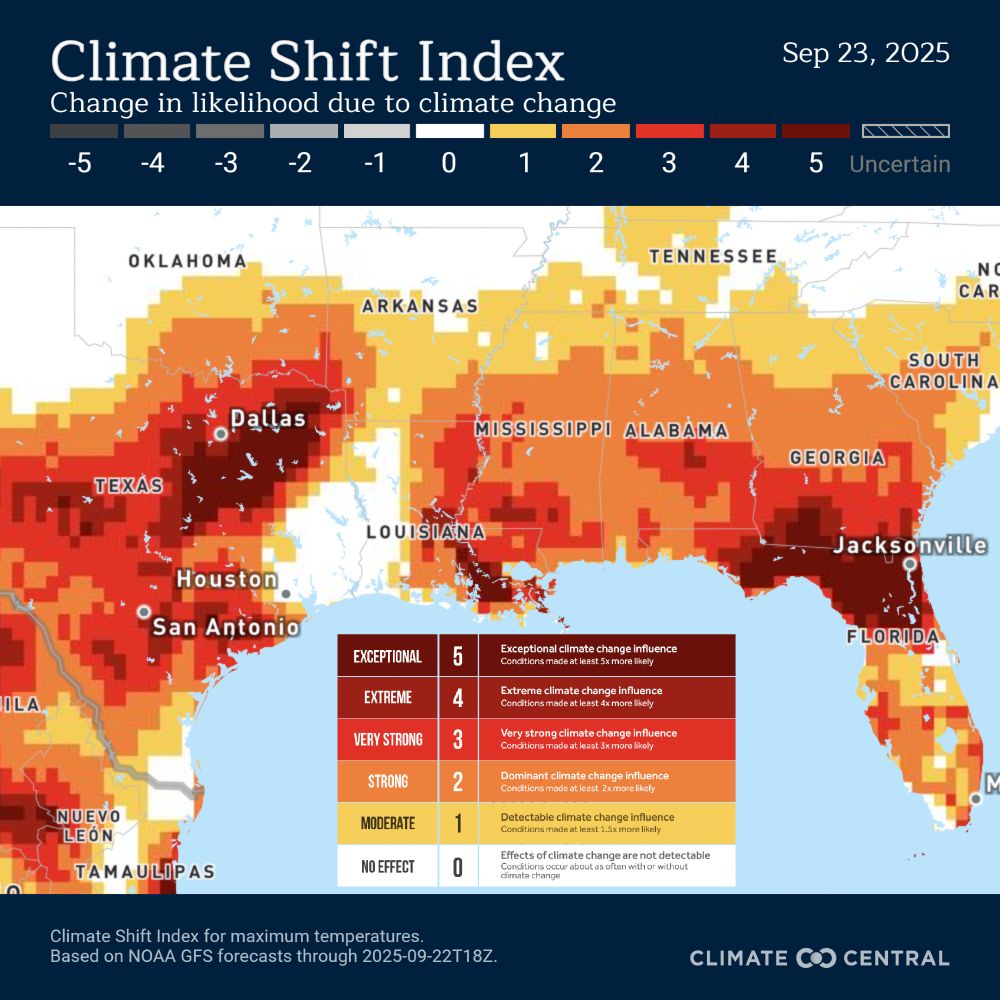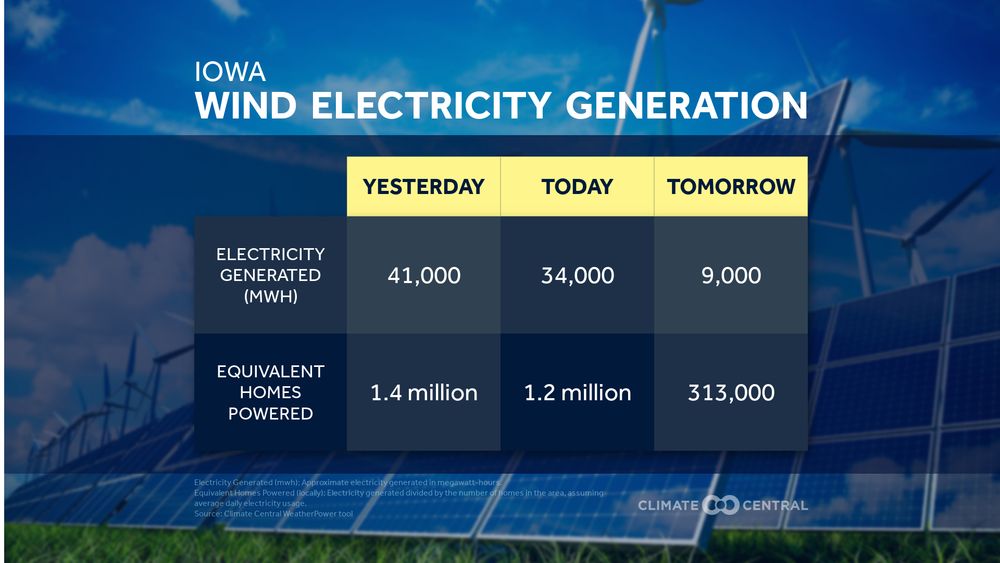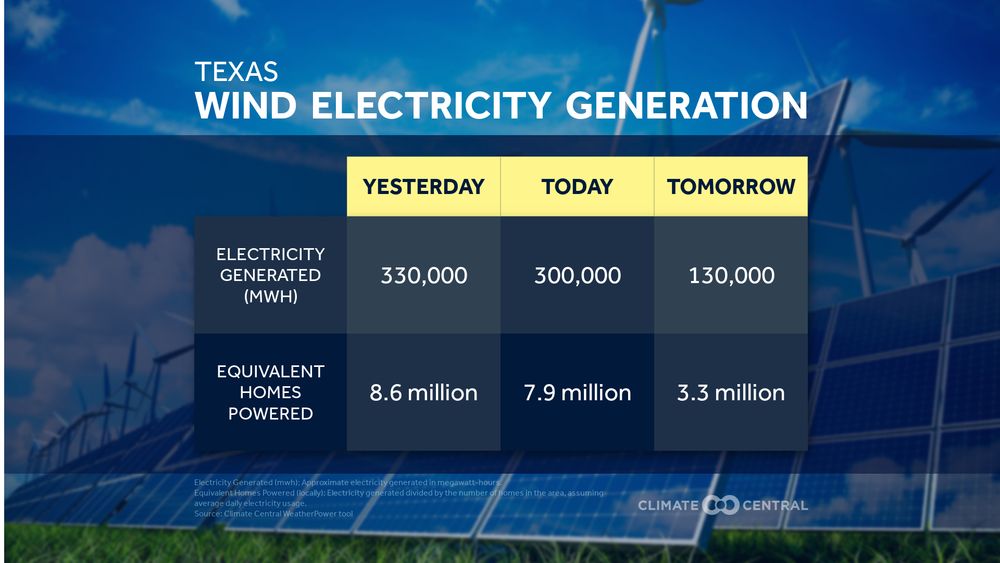SciLine
@sciline.org
1.6K followers
2.3K following
200 posts
We offer free help to reporters with science. We offer free help to scientists with media.
www.sciline.org
Posts
Media
Videos
Starter Packs
Reposted by SciLine
Reposted by SciLine
SciLine
@sciline.org
· 5d
SciLine
@sciline.org
· 5d
SciLine
@sciline.org
· 8d
Reposted by SciLine
Reposted by SciLine
